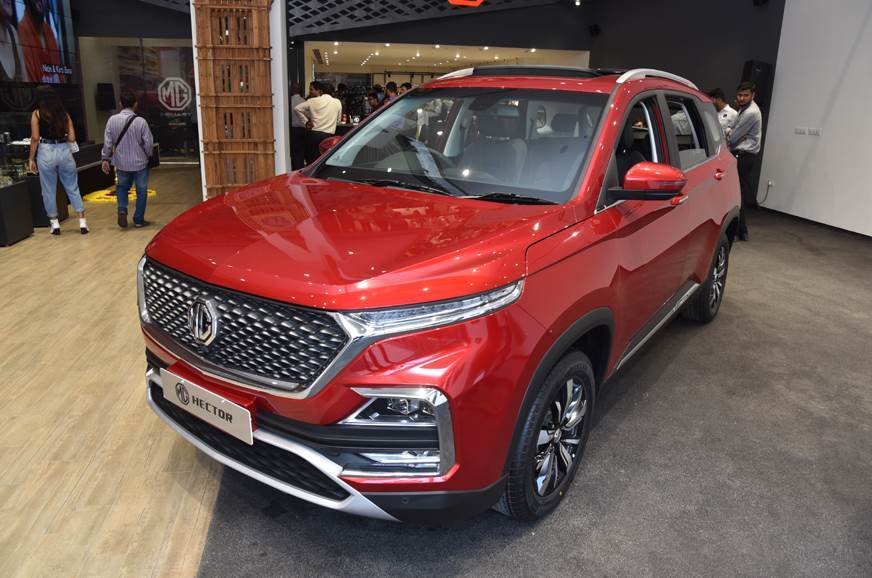In a bid to attract existing Skoda Rapid and Octavia customers to upgrade to a Superb, Skoda has introduced a new entry-level Superb Corporate edition variant. Priced at Rs 23.49 lakh (ex-showroom, India), the Superb Corporate edition is based on the Superb Style variant that comes with a 1.8-litre petrol engine good for 180hp. The sole gearbox on offer is a 6-speed manual. The Superb Corporate Edition is available in only a single “Candy white” paint shade.
The Superb Corporate edition gets the same set of equipment that is available on the Style variant. It gets beige leather seats, xenon headlamps, a panoramic sunroof and a powered driver’s seat, to name a few. The Skoda Superb Corporate is essentially a Superb Style variant in “Candy white” shade being sold at a discount of Rs 2.2 lakh. The Superb Style trim, which has other exterior shades on offer, is priced at Rs 25.59 lakh (ex-showroom, India). The Rs 2.2 lakh discount includes free insurance provided by Skoda. The company will sell this trim to existing Rapid and Octavia customers for now, with general buyers likely to be able to purchase this variant at a later stage.
Key rivals to the Skoda Superb include the Volkswagen Passat, the Toyota Camry and the Honda Accord.
Also see:
New Skoda Superb review, road test
Skoda to focus on enhancing ownership experience
2018 Skoda Karoq review, test drive
from Autocar India https://ift.tt/2OZGUYH
via IFTTT
